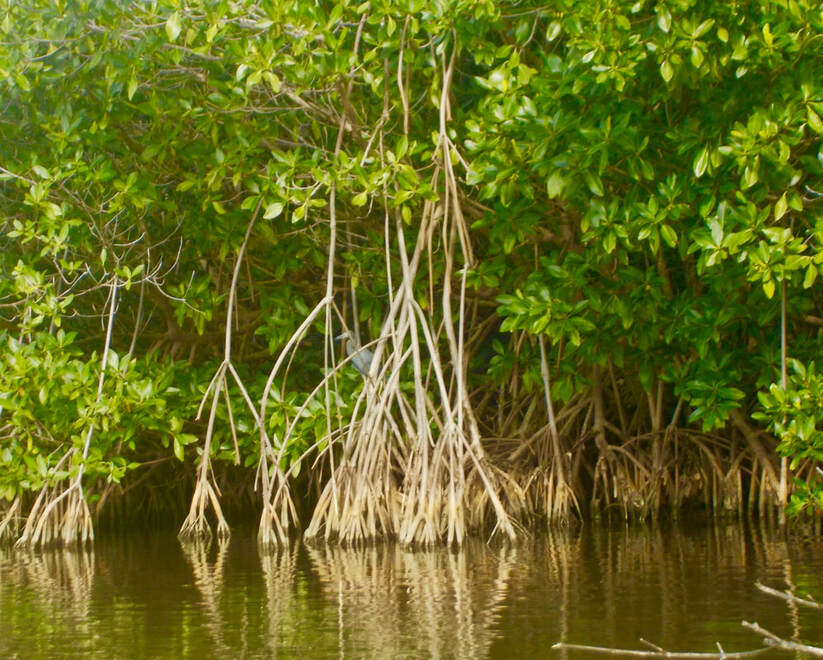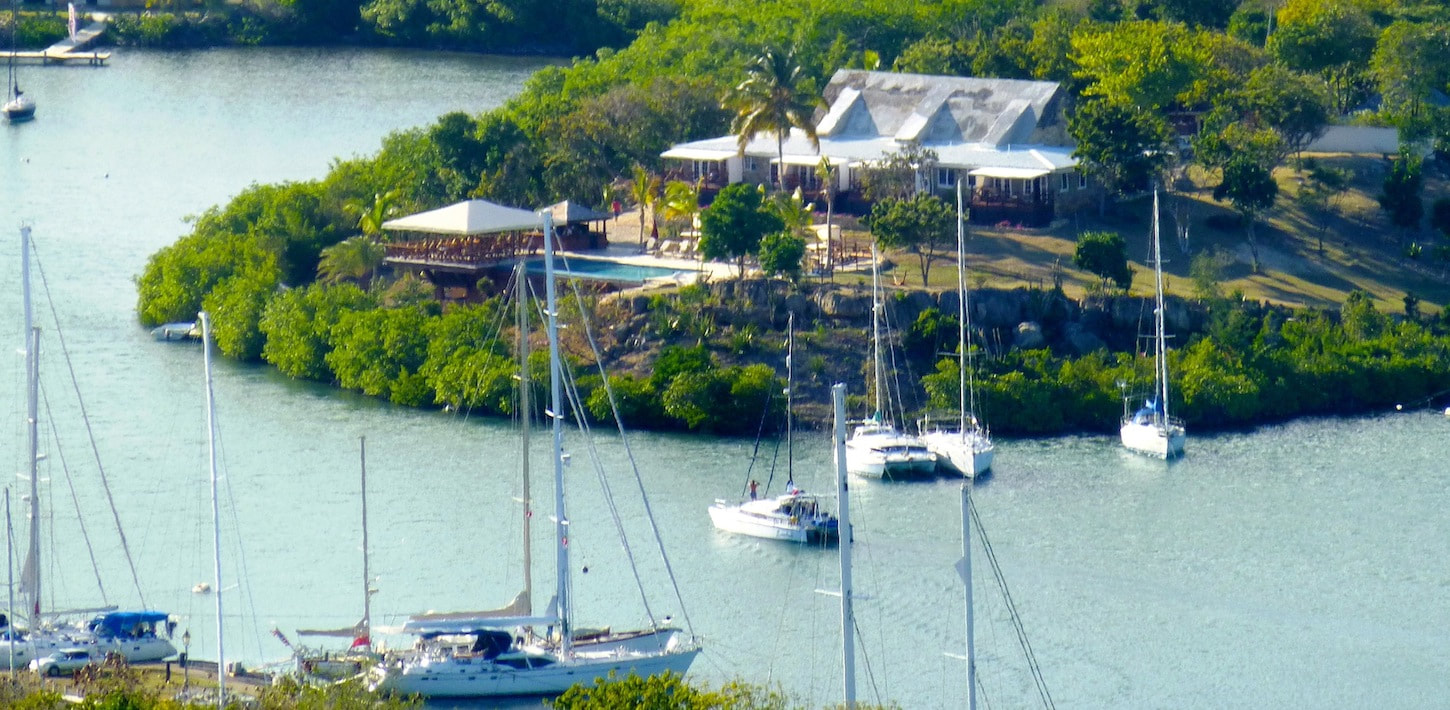Three More Reasons Why Mangroves Should Be an Integral Part of Coastal Development Strategy3/15/2019
It’s no secret that scientists and conservationists are alarmed by the loss of mangroves around the world, as these ecosystems provide valuable storm protection and water filtration to tropical coastal areas. A recent study reveals that there’s additional value to incorporating mangrove habitats into coastal development and management. Described below are three more reasons mangrove restoration should be incorporated into coastal development strategy:
Of course mangroves have many other recognized values:
Cited: Rogers, K., et al (2019). Wetland carbon storage controlled by millennial-scale variation in relative sea-level rise. Nature, 567 (7746), 91–95. https://doi.org/10.1038/s41586-019-0951-7 Comments are closed.
|
AuthorDeborah Brosnan Archives
December 2019
|



 RSS Feed
RSS Feed